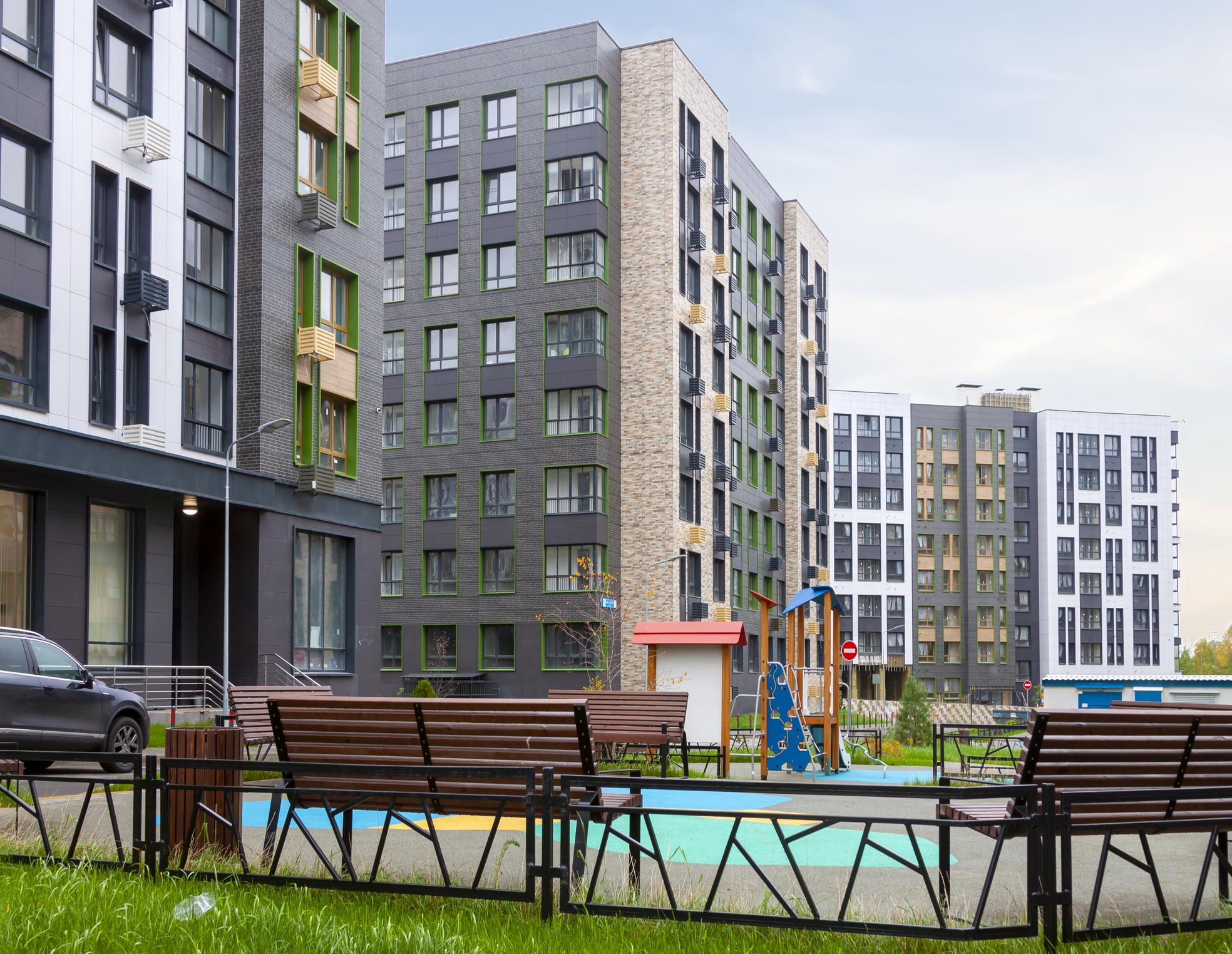Affordable Housing Supports Positive Physical and Mental Health

Did you know that more U.S. renters now spend over 30% of their income on housing and utilities than at any other time on record? Limited affordable housing options not only increase the rent burdens of low-income tenants but disrupt physical and mental health, underscoring the need for the creation and preservation of more affordable housing units nationwide. Quality affordable housing adds stability to communities and supports healthier environments that can significantly improve well-being.
Housing Instability Puts Wellness At Risk
While policymakers have been pursuing solutions, rental housing has become less affordable and extremely low-income renters have seen their cost burdens rise dramatically, according to America’s Rental Housing 2024, a report from The Joint Center for Housing Studies at Harvard University.
Safe, stable, and affordable housing is an essential part of life that many don’t have access to today. Instead, they must navigate the realities of housing instability that include challenging life situations, such as difficulty making regular rent payments, directing too much of the household budget toward rent, and/or frequently moving locations. Experiences like these can negatively impact wellness, resulting in a wide range of medical issues, from obesity to depression.
Substandard housing exposes its residents to general health and safety risks, such as mold and pests. Poorly maintained properties and overcrowding can lead to infectious and chronic diseases, while inadequate air conditioning and heating tend to worsen respiratory conditions. Frequently located in neighborhoods with fewer healthy resources, low-income housing often provides its residents less access to treatment options and fewer recreational opportunities.
Long-term exposure to high housing cost burdens can negatively impact mental health, as well. Renters living in unsafe neighborhoods and/or those who frequently struggle with making housing payments tend to experience higher stress levels, resulting in short-term and long-term mental health issues.
Affordable Housing Shortage Challenges Residents Nationwide
Low-income renters are having greater difficulty securing quality affordable housing today simply because the available supply is so limited.
Housing is generally considered to be “affordable” when its occupants spend less than 30% of their income to rent or purchase the living space. About half of all U.S. rental households are now classified as moderately or severely cost-constrained, according to Arbor’s Affordable Housing Trends Report Spring 2024. With large percentages of their income committed to housing payments, cost-constrained renters are often stretched thin, leaving little room for necessities like food, utilities, and health care expenses.
From New York to California, affordable housing has become a national issue as supply has hit dangerously low levels in cities and communities across the country. Extremely low-income households must navigate a rental market with a shortage of 7.3 million affordable and available rental homes, according to the National Low Income Housing Coalition’s 2024 The Gap report. All states and every metropolitan area in the country currently lack an adequate supply of affordable units, with only 34 affordable and available rental homes for every 100 extremely low-income renter households.
As the affordability gap widens, new affordable housing units are urgently needed nationwide.
Arbor Supports Affordable Housing Development
Arbor is firmly committed to working with Fannie Mae and Freddie Mac to advance their mission-driven lending goals, which aim to bridge the nation’s affordability gap. Our team’s long-standing relationships with Fannie Mae, Freddie Mac, and FHA have enabled Arbor to make a consistent difference in the affordable housing market. We offer flexible financing options for the acquisition, refinance, or rehabilitation of multifamily affordable housing nationwide, including Fannie Mae MAH, FHA 223(f), FHA 223(a)(7), SDW, and SIA.
Contact one of our expert loan originators today to learn more.
Interested in the multifamily real estate investment market? Contact Arbor today to learn about our array of multifamily, single-family rental, and affordable housing financing options or view our multifamily articles and research reports.

